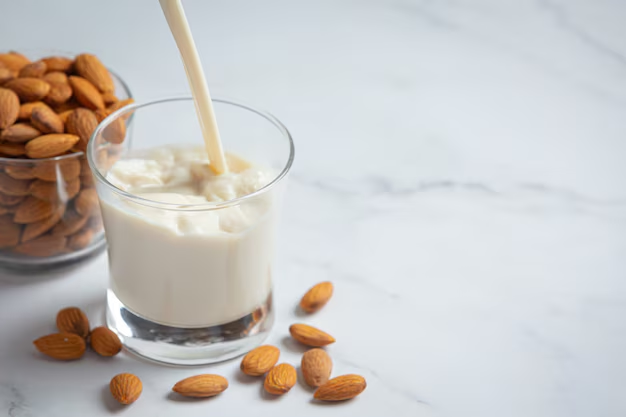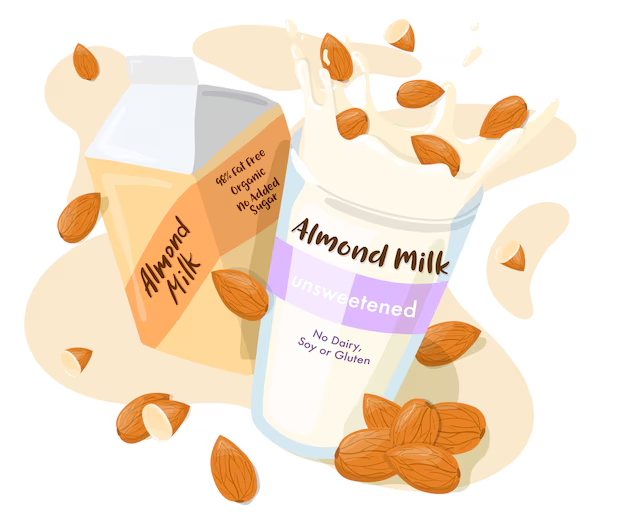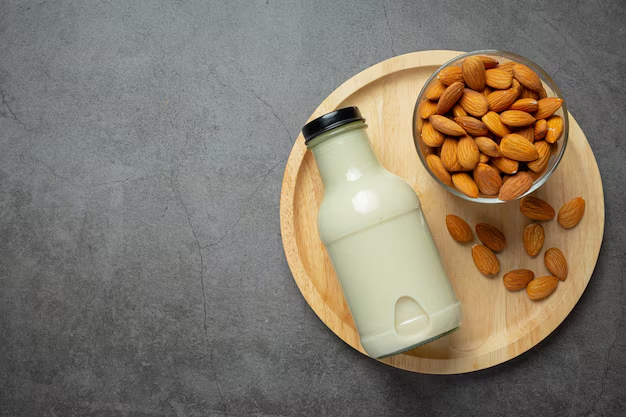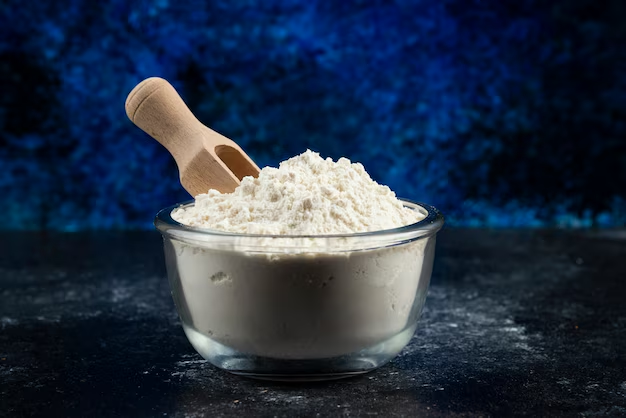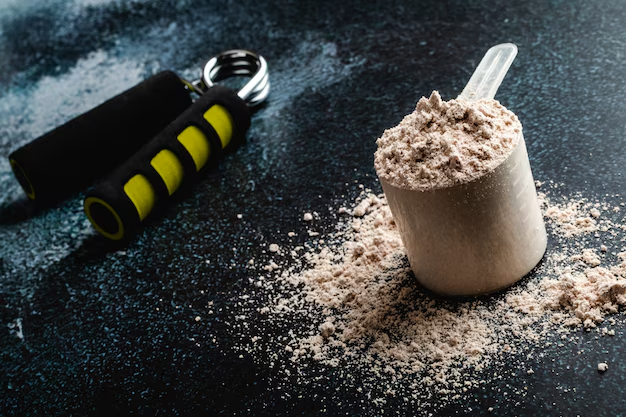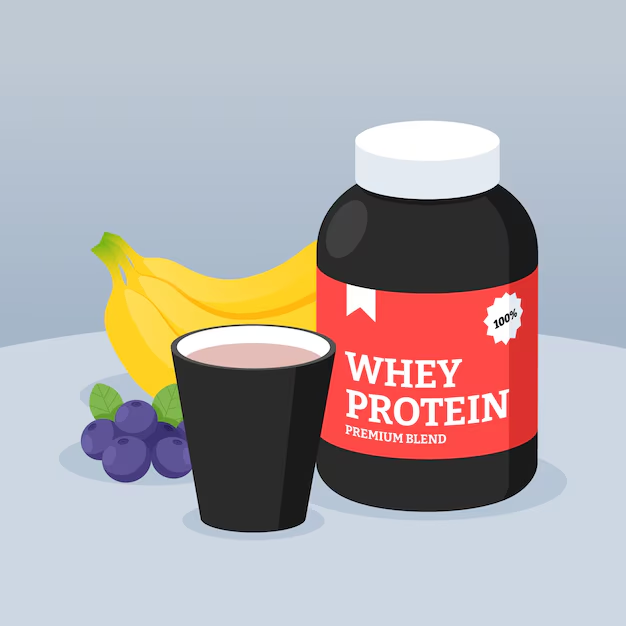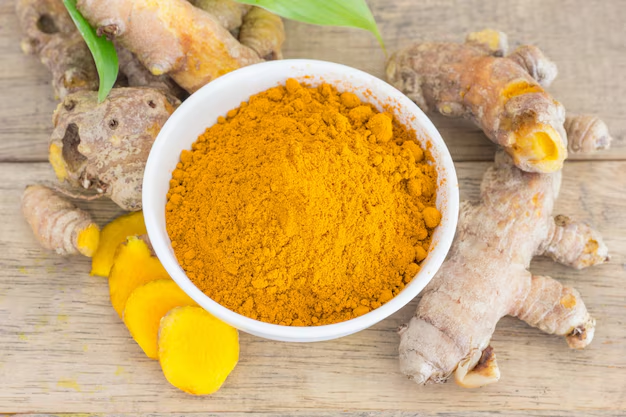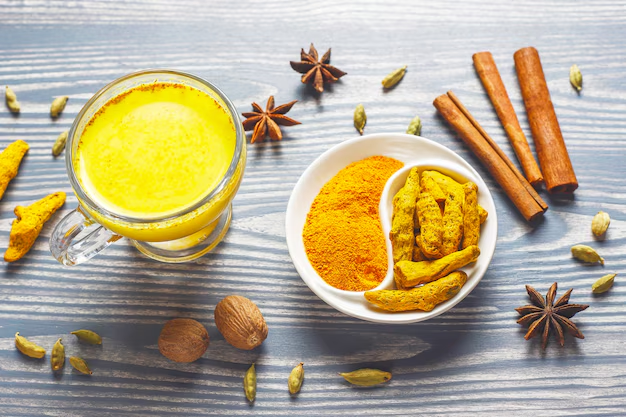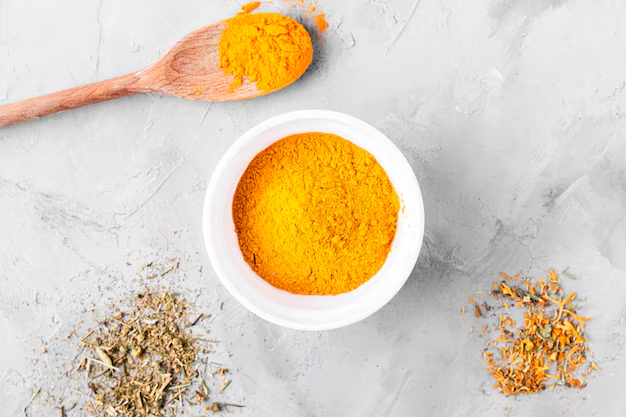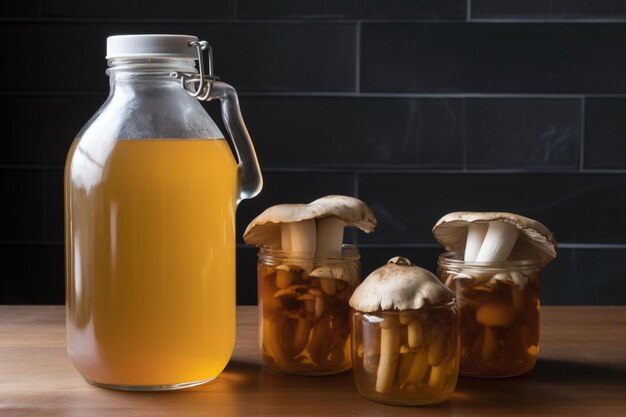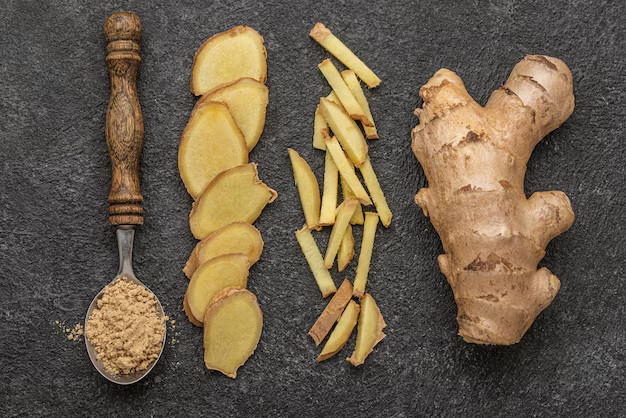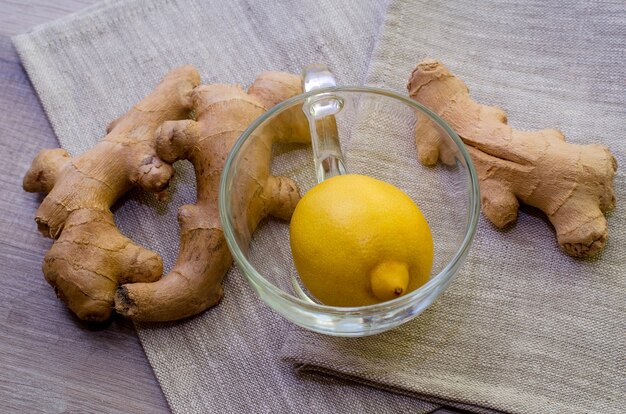Coconut water has gained immense popularity as a natural and refreshing hydration drink. Known for its light taste and nutritional benefits, it is often marketed as a healthier alternative to sugary sports drinks. But the question arises: Is coconut water good for hydration?
Packed with natural electrolytes like potassium, sodium, and magnesium, coconut water provides the perfect balance to replenish fluids. Its low-calorie nature makes it appealing to those seeking hydration without added sugars or artificial ingredients. Whether consumed after exercise, during pregnancy or while recovering from illness, coconut water stands out as a versatile beverage. This article dives into the science behind its hydration benefits and explores its effectiveness across various scenarios.
What Makes Coconut Water Good for Hydration?
Here are some details about coconut water that make it good for hydration.
Natural Composition of Coconut Water
Coconut water is nature’s electrolyte drink. Its unique composition makes it a perfect hydrating option for people of all ages.
- Electrolytes: Coconut water contains potassium, magnesium, calcium, and sodium, which help maintain fluid balance in the body. These are crucial for muscle function and nerve signaling.
- Low-Calorie Content: With only 45 calories per cup, it’s a guilt-free way to stay hydrated.
- Natural Sugars: The mild sweetness of coconut water comes from natural sugars, providing quick energy without the sugar spike of processed drinks.
Is Coconut Water Good for Hydration and Electrolytes?
Yes, it is an excellent source of hydration due to its balanced electrolyte content. Electrolytes play a vital role in maintaining the body’s fluid levels, especially during exercise or dehydration. Coconut water is often compared to sports drinks, but it lacks artificial additives, making it a healthier choice.
Is Drinking Coconut Water Good for Hydration?
Absolutely. Drinking coconut water helps restore hydration after intense physical activity, during hot weather, or after a mild illness. Its composition closely mimics the body’s natural fluids, making it easily absorbable.
Is Coconut Water Good for Hydration When Sick?
Yes, it is an excellent hydrating option when you’re sick. It replenishes lost electrolytes caused by diarrhea, vomiting, or fever. Unlike plain water, its electrolyte content helps maintain energy and balance in the body.
Is Coconut Water Good for Hydration During Pregnancy?
Coconut water is particularly beneficial during pregnancy. It helps maintain amniotic fluid levels and prevents dehydration. The potassium content can also alleviate pregnancy-related cramps. Since it is low in calories and free from artificial ingredients, it’s a safe and healthy option for expecting mothers.
To Read: Is Watermelon Good for Hydration?
Comparing Coconut Water Brands for Hydration

Let’s compare different brands of coconut water for hydration.
Is Bai Coconut Water Good for Hydration?
Bai Coconut Water blends coconut water with natural flavors and antioxidants. But, the added ingredients might not suit those looking for pure coconut water. It’s a good option for casual drinkers but less ideal for post-exercise recovery.
Is Vita Coconut Water Good for Hydration?
Vita Coconut Water is one of the most popular brands for staying hydrated. It retains the natural electrolytes and flavors of fresh coconut water. It’s a reliable choice for both daily hydration and recovery from dehydration.
Is Pressed Coconut Water Good for Hydration?
Pressed coconut water is made by blending coconut water with coconut pulp. This gives it a creamier taste and a higher nutrient density. It’s a flavorful alternative to plain coconut water, offering the same hydrating benefits with added richness.
Is Organic Coconut Water Good for Hydration?
Organic coconut water is free from pesticides and artificial additives, making it a healthier option. It retains all the natural electrolytes and nutrients while minimizing exposure to harmful chemicals. If you’re seeking clean hydration, organic options are ideal.
Is Pure Coconut Water Good for Hydration?
Pure coconut water, without additives or sweeteners, is the best choice for hydration. It provides the full benefits of natural electrolytes without the risk of added sugars or preservatives. Its simplicity and purity make it suitable for people with dietary restrictions or allergies.
Coconut Water Benefits Beyond Hydration
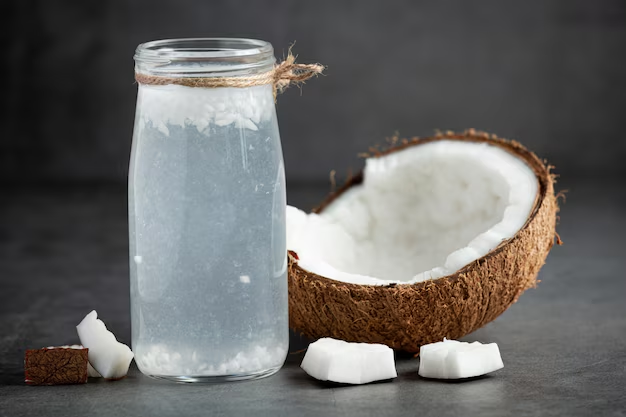
Coconut water is widely known for its hydration benefits, but its impact goes beyond quenching thirst. This nutrient-rich beverage offers numerous advantages for overall health and wellness.
Coconut Water Benefits for Skin
Coconut water’s hydration properties make it a natural ally for healthy skin. Its high water content helps maintain skin elasticity and reduces dryness, while its antioxidants combat free radicals that can cause premature aging. Regular consumption may lead to a natural glow and smoother skin texture.
Is Coconut Water Good for Kidneys?
Coconut water can be beneficial for kidney health when consumed in moderation. Its potassium content supports electrolyte balance, reducing the risk of kidney stones. However, individuals with kidney conditions that limit potassium intake should consult a doctor before consuming coconut water regularly.
General Health Advantages
Coconut water is a drink that comes with no added sugars, making it a healthier alternative to sugary sodas or juices. It can be added easily in low-calorie meal plan. Its refreshing taste makes it an ideal option for staying hydrated while enjoying a natural treat.
Side Effects of Coconut Water
While coconut water offers many benefits, there are potential drawbacks to consider:
High Potassium Content
Coconut water is naturally high in potassium, which is essential for heart and muscle function. However, excessive consumption can lead to hyperkalemia—a condition caused by elevated potassium levels in the blood. This can be harmful to individuals with kidney disease or those on potassium-restricted diets.
Risks of Overconsumption
- Digestive Issues: Drinking too much coconut water may cause bloating or stomach upset in some individuals.
- Caloric Intake: While low in calories, overconsumption can add up and impact weight management goals.
- Blood Pressure Concerns: Its potassium content can lower blood pressure, which may not be suitable for individuals with certain medical conditions.
Moderation is key to enjoying the benefits without adverse effects.
What Happens if You Drink Coconut Water Every Day?
Drinking coconut water daily can offer long-term benefits, but it’s important to balance it with overall dietary needs.
Long-Term Benefits
- Improved Hydration: Coconut water replenishes lost electrolytes, making it an excellent choice for those with an active lifestyle.
- Heart Health Support: Potassium helps regulate blood pressure and supports cardiovascular health.
- Skin Enhancement: Daily hydration and antioxidants from this water can improve skin clarity and elasticity.
Possible Side Effects
- Potassium Overload: Daily consumption in excessive amounts can lead to high potassium levels.
- Blood Sugar Levels: Although it contains natural sugars, diabetics should monitor their intake to avoid spikes in blood sugar.
- Dependency for Hydration: Over-reliance on coconut water might reduce the intake of other essential fluids, like plain water.
Consuming coconut water as part of a balanced diet ensures you reap the benefits without encountering side effects.
FAQs
1. Is Coconut Water as Good as ORS?
Coconut water provides natural electrolytes like potassium and magnesium, aiding hydration. However, it lacks the precise sodium-glucose ratio of Oral Rehydration Solutions (ORS), which are medically formulated for severe dehydration and electrolyte imbalances.
2. Who Should Not Drink Coconut Water?
Individuals with chronic kidney disease, those on potassium-restricted diets, or those allergic to coconuts should avoid it. Excessive consumption may cause hyperkalemia (high potassium levels), which can affect heart health or worsen certain medical conditions.
3. What is the Best Time to Drink Coconut Water?
Coconut water is ideal after exercise, during illness, or on hot days to rehydrate and replenish lost electrolytes. It can also be consumed in the morning for an energizing start or anytime as a refreshing drink.
Conclusion
So, is coconut water good for hydration? Absolutely! Its natural electrolyte content and low-calorie profile make it one of the best beverages for maintaining hydration. Whether you’re recovering from illness, staying active, or just seeking a refreshing drink, coconut water is versatile and beneficial.
Its uses extend beyond hydration, offering advantages for skin health, kidney function, and general wellness. However, it’s crucial to consume it in moderation to avoid potential side effects. Whether pure, organic, or from trusted brands, coconut water is a fantastic addition to a healthy lifestyle.


